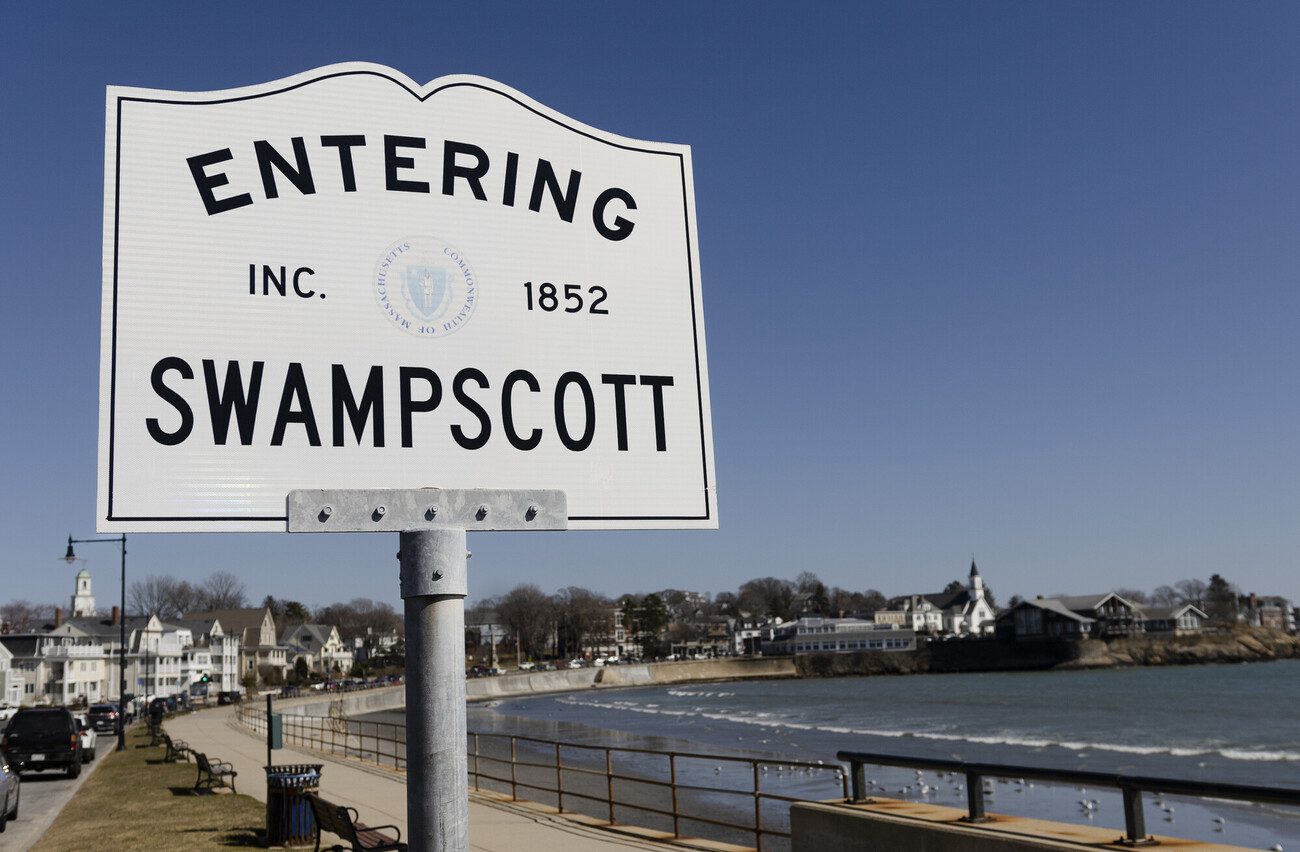SWAMPSCOTT — More than a month after the three-day Town Meeting in April, the Town Meeting Procedural Advisory Committee discussed ways to make future meetings faster and more efficient on Monday evening at the police station.
The committee first met in May 2018 to brainstorm ways to make Town Meeting shorter, and to educate Town Meeting members about the agenda’s articles before the meeting.
Committee members discussed issues including speaking-time limits for Town Meeting members, potential conflicts of interest among voters, and Town Meeting member absences.
Town Moderator Michael McClung kicked off the meeting by discussing whether Town Meeting members who miss three consecutive Town Meeting sessions should be dismissed from serving as members.
Committee member Scott Burke suggested sending a written letter or email to members after they miss two or more town meetings to warn the absentee member of a potential removal. The issue was tabled for further discussion at the next meeting.
“You’re elected once, you go through the process of collecting signatures, you get elected, and then you just stop showing up,” Burke said.
According to the town’s bylaws, Town Meeting sessions must begin at 7:45 p.m. unless amended by a two-thirds majority vote. McClung suggested a bylaw amendment to change the default start time to 7 p.m. and require a majority vote, rather than a two-thirds vote, to change it.
Chair Mark Wolinski supported the proposed change, arguing that the 7:45 p.m. default time was an antiquated bylaw with little practical purpose in the modern era.
“7:45, well that was for people to feed the animals and get in a little harvesting before the sun goes down,” Wolinski said.
The committee agreed to recommend a bylaw change, and selected Wolinski to recommend the amendment before the Select Board.
McClung also brought an amendment further limiting speaking time for Town Meeting members before the committee. Currently, members are permitted to speak no more than twice on any given article, and can speak for no longer than 10 minutes at a time.
The committee discussed limiting members’ speech to five minutes and presentations to five slides.
“Unless it’s a big zoning law change or something, five slides should be enough,” Wolisnki said.
Committee member Rebecca Greene-Andrews noted that while a slide limit might make some presentations shorter and to the point, others would cram a lot of information into each slide, creating more confusion. The discussion was tabled temporarily, with the suggestion of a timer being used to moderate speech times.
“Wouldn’t you rather have 10 slides that you could actually read than five slides that are all scrammed?” Greene-Andrews said.
McClung suggested the committee recommend a bylaw change that would require attorneys at Town Meeting representing clients directly involved in the article at hand to identify themselves as attorneys before speaking on the article.
Greene-Andrews suggested the conflicts of interest apply not only to attorneys, but to any agent with a monetary interest in the discussed article — an idea that Wolinsky and Burke argued would lead to gray-area private-interests discussions.
“It’s a slippery slope. Most people have some personal interest in a matter, so where are you going to draw the line? Most people know, when someone’s speaking, who lives where or who would benefit from what,” Burke said. “If there’s an article about dogs, should everyone be required to get up and disclose whether they have a dog or not?”
McClung reminded the committee that potential conflict-of-interest issues among public employees must be brought to the attorney general’s office, but that Town Meeting members operate in a form of direct democracy that bars them from being held to that standard. He said that attorneys’ clients are intrinsically less transparent than any individuals’ private motivations, and are therefore different.
“When that attorney stands up, we don’t know if a developer might be a client behind that attorney,” McClung said.
As of press time, no vote had been taken on the conflict-of-interest issue.

